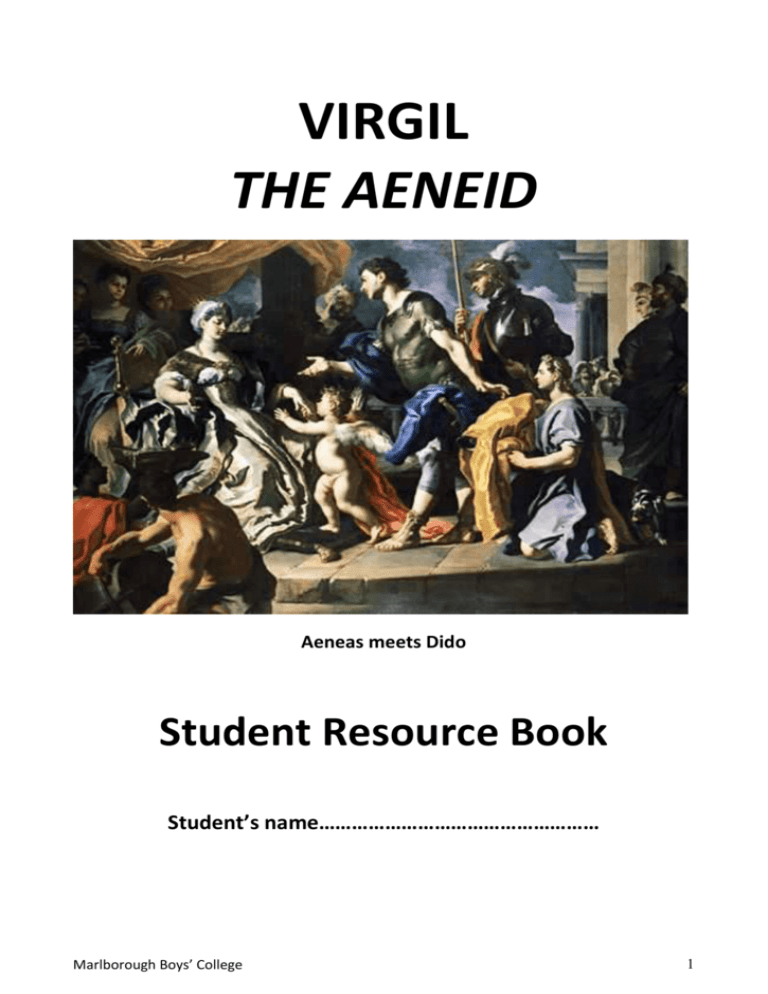


Yet the Aeneid is by no means a purely political work like other epic poems, its subject stands on its own as a story for all time. (Whether or not Virgil truly believed all the praise he heaped upon Augustus is a matter of debate.) When Rome was at its height, the easiest way to justify the recent brutal events was to claim that the civil wars and the changes in leadership had been decreed by fate to usher in the reign of the great Augustus. In the epic, Virgil repeatedly foreshadows the coming of Augustus, perhaps to silence critics who claimed that he achieved power through violence and treachery. In Italy, Aeneas’s descendents would go on to found Rome. The Aeneid tells the story of the Trojan hero Aeneas’s perilous flight from Troy to Italy following the Trojan War. He was fortunate enough to enter the good graces of Augustus, and, in part, the Aeneid serves to legitimize Augustus’s reign. Immediately after finishing the Georgics, Virgil began his masterwork, the Aeneid. Virgil witnessed all this turmoil, and the warring often disrupted his life. Four years later, he assumed the title Augustus. At the Battle of Actium in 31 B.C., Octavian defeated Antony and his ally Cleopatra of Egypt, finally consolidating power in himself alone. only Octavian and Antony remained, and they began warring against each other. Civil war erupted between the assassins and the Second Triumvirate-Octavian, Antony, and Lepidus. After defeating Pompey, Caesar reigned alone until the Ides of March in 44 B.C., when Brutus and Cassius, two senators, assassinated him. Crassus was killed around 53 B.C., and Caesar initiated civil war against Pompey. During Virgil’s youth, the First Triumvirate-Julius Caesar, Pompey, and Crassus-governed the Roman Republic. Before Augustus became emperor, though, internal strife plagued the Roman government. Virgil lived at the height of the first age of the Roman Empire, during the reign of the emperor Octavian, later known as Augustus. Virgil’s writing gained him the recognition of the public, wealth from patrons, and the favor of the emperor. Soon afterward, civil war forced him to flee south to Naples, where seven years later he finished his second work, the Georgics, a long poem on farming. Around 41 B.C., he returned to Mantua to begin work on his Eclogues, which he published in 37 b.c. The son of a farmer, Virgil studied in Cremona, then in Milan, and finally in Rome. The Aeneid Context Virgil, the preeminent poet of the Roman Empire, was born Publius Vergilius Maro on October 15, 70 B.C., near Mantua, a city in northern Italy.


 0 kommentar(er)
0 kommentar(er)
